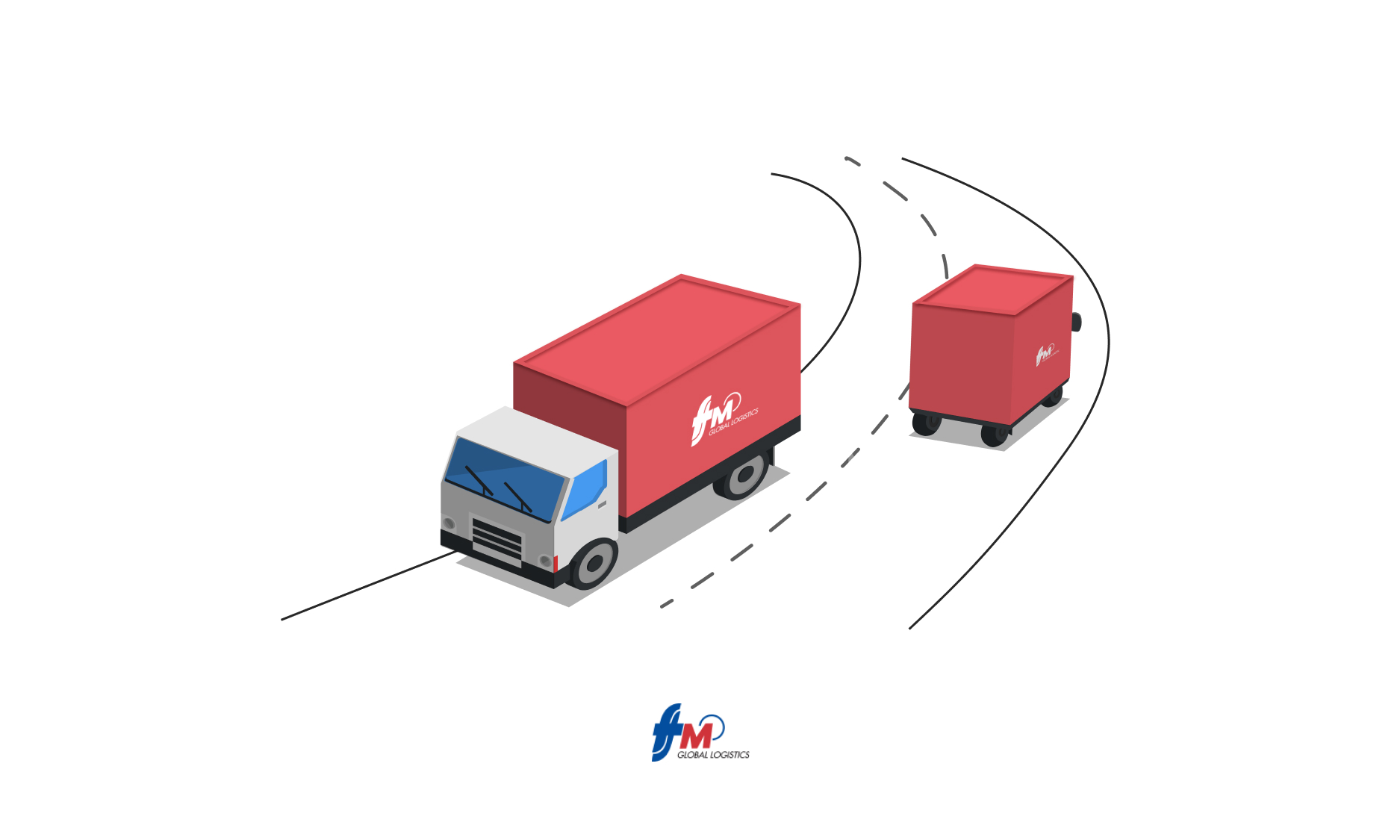What is Road Freight?
23 September 2024Road freight is the transportation of goods over land using trucks, lorries, and other vehicles designed for transportation of cargo.

This usually begins with the booking of transportation services as well as specifying cargo details and pickup/delivery locations. Once properly packaged, goods are loaded onto trucks or lorries by experienced drivers. Real-time tracking systems, like GPS, monitor the vehicle’s location during transit, providing visibility to shippers and customers.
Upon arrival at the destination, the cargo undergoes unloading, inspection, and consignee confirmation. Throughout this journey, essential documentation is meticulously managed to ensure regulatory compliance and facilitate customs procedures.
What are the Advantages of Road Freight?
- Accessible Infrastructure: Unlike sea or air freight, road freight doesn’t depend on ports or airports, allowing it to seamlessly flow through existing and extensive road networks. This means goods can be reliably transported from point A to point B far quicker, especially if they’re being shipped domestically, and allows for next-day deliveries. This lets businesses meet tight schedules and customer demands more efficiently.
- Cost-Efficiency: Road freight is often more cost-effective than its counterparts like sea or air freight. Its lower operational costs can translate to competitive pricing for customers, making it an attractive choice for businesses seeking economical transportation solutions.
- Flexibility: Road freight is incredibly versatile. It can transport various types of cargo, including general goods, perishables, and even dangerous goods like flammable or toxic products. This adaptability makes it a go-to choice for diverse industries with varying transportation needs.
- Real-Time Tracking: With modern technology, tracking the whereabouts of your goods during road freight has never been easier. Real-time GPS systems allow for precise location monitoring, providing shippers and customers alike with peace of mind and transparency throughout the journey.
What are the Disadvantages of Road Freight?
- Traffic Delays: Depending on locale an the time of day, traffic delays may affect delivery schedules and create unpredictability in the transportation process. Incidents like accidents or roadwork can further exacerbate these delays.
- Breakdowns: Just like any mode of transportation, road vehicles are not immune to mechanical failures. These unexpected hiccups can disrupt delivery timelines as they will require immediate attention and repairs.
- Load Capacity: While lorries and trucks are reliable, they do have limitations when it comes to load capacity, especially when compared to larger vessels, trains, or planes. This may necessitate multiple trips or the use of more vehicles for oversized or high-volume cargo.
Conclusion
In the world of logistics, road freight shines as a dependable and flexible option for transporting goods. It leverages accessible infrastructure, cost-efficiency, extensive road networks, and real-time tracking to offer businesses a valuable means of transportation. However, it also grapples with traffic delays, breakdowns, and load capacity limitations.
With good planning, careful selection of routes, and making use of technology, many challenges associated with road freight can be mitigated.



